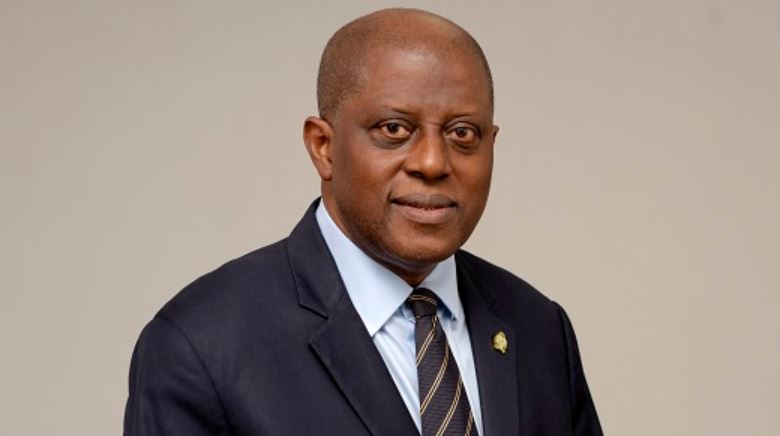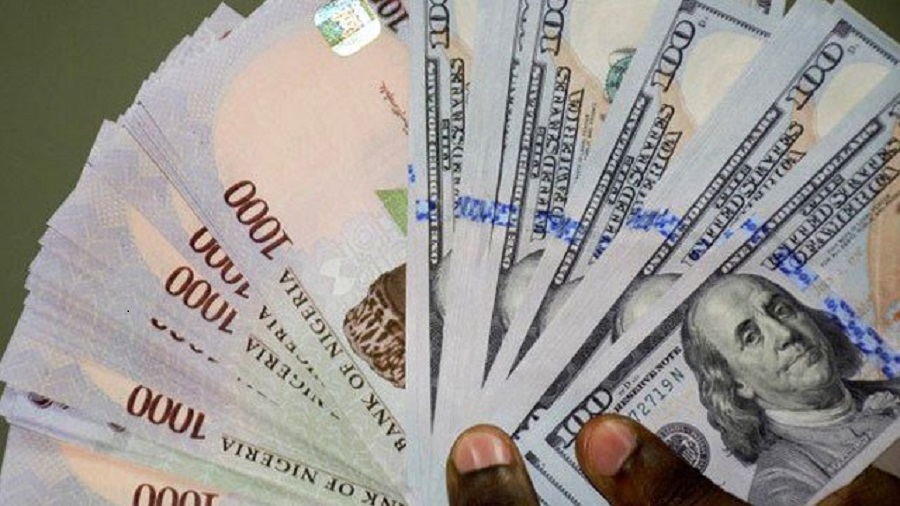Business
DOLLAR CRASHED: See Dollar to Naira black market exchange rate

The black market exchange rate of the dollar to naira continues to highlight Nigeria’s forex supply challenges, with many individuals and businesses relying on the parallel market for transactions.
CBN maintains tighter controls and a lower rate at official windows, limited access and allocation restrictions force most importers, businesses, and students abroad to turn to the parallel market, where prices reflect actual demand and supply pressures. Click link to continue reading.













